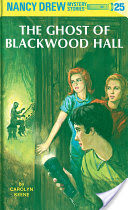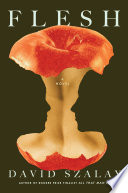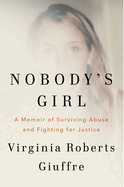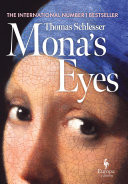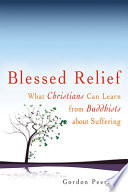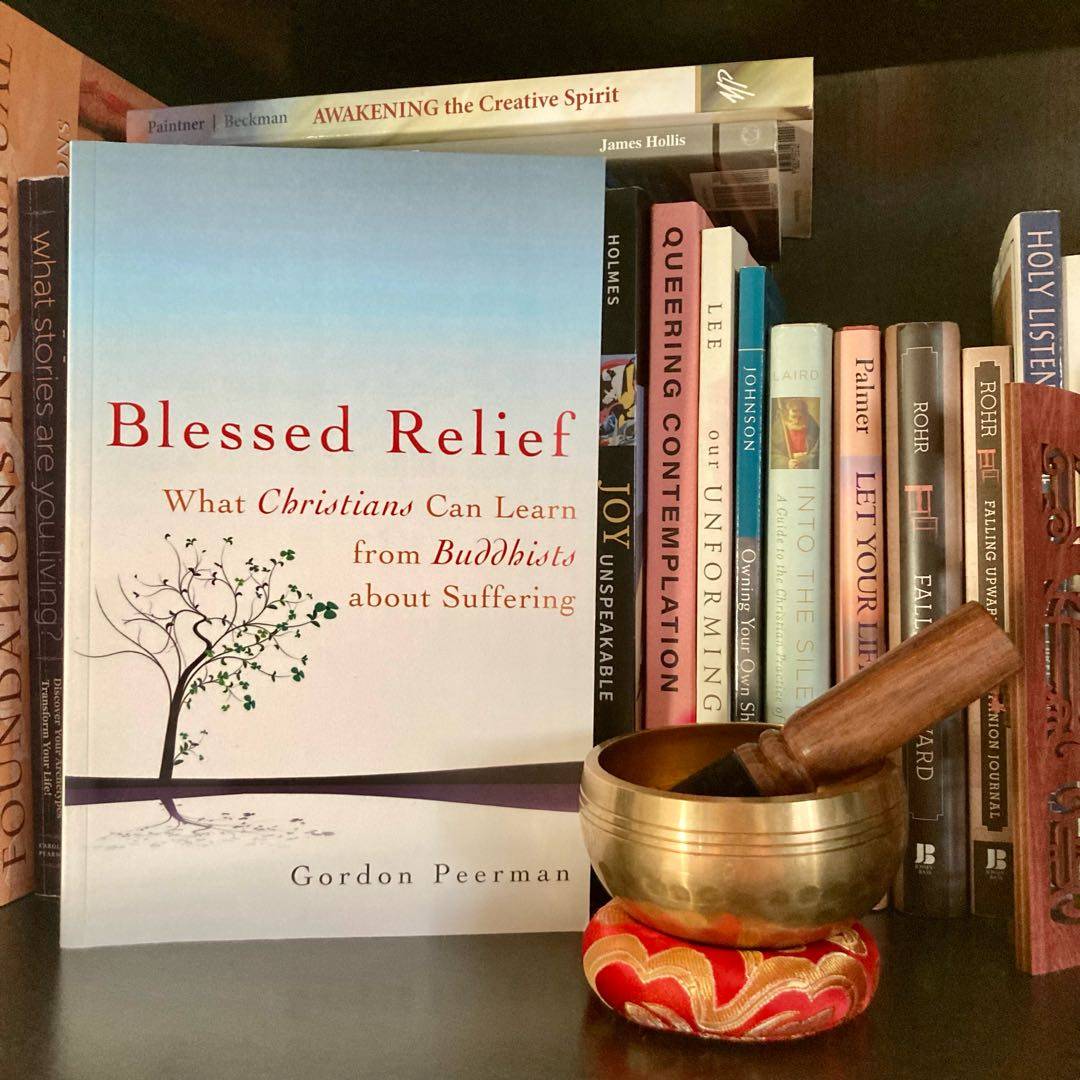
This book was a bit of a mixed bag for me. While I‘m open to learning from faith traditions other than my own, some of the language around suffering felt a lot like spiritual bypassing. Peerman‘s definition of and subsequent approach to suffering seemed to actively exclude harm imposed by others (abuse, oppression, structural inequalities, etc.)—which often made his approach feel overly simplistic, privileged, and potentially damaging. ⤵️
BarbaraJean (Cont‘d) The author eventually addresses how action can and should arise from the practices he describes, but it‘s late in the book & feels tacked on—I felt it was limited in acknowledging broader suffering that‘s not just a product of our own thoughts about pain. A few caveats earlier on in the book would have been extremely helpful in reframing the content to guard against the simplistic answers and spiritual bypassing that are so easy to do.⤵️ 2w
BarbaraJean (Cont‘d) That said, I noticed a lot of helpful parallels between the two faith traditions that expanded my view of how to approach suffering in my own life. Looking back over the book, I see a lot of value in the practices he suggests—for myself and for my work as a spiritual director, to guide others through investigating thoughts and emotions with curiosity and kindness. So: this lands somewhere between a pick and a so-so! 2w
BarbaraJean This was my October #DoubleSpin (and a required read for my spiritual direction program) @TheAromaofBooks 2w
TheAromaofBooks Great progress!!! 2w
27 likes4 comments







